Kasper Juel Petersen is a PhD Student (Mechanical Engineering), under the supervision of Dr. Joshua Brinkerhoff, investigating cryogenic fluid flows with mathematical and numerical models. He is working towards completing his degree in 2023.
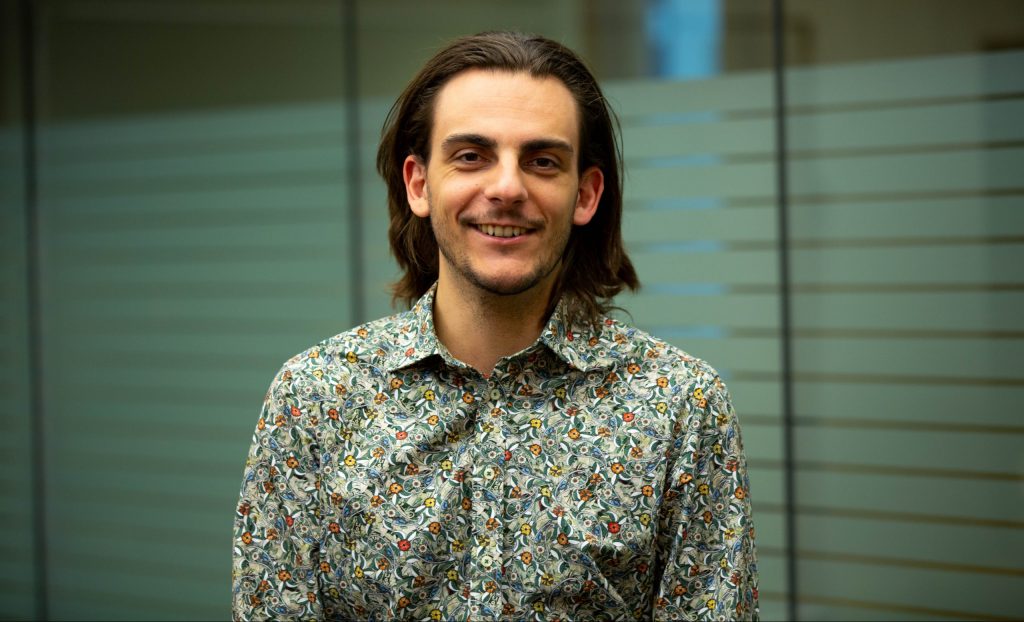
Why did you choose to pursue studies at UBC Okanagan?
After high school in 2012 I worked for a year in Canada including Vancouver. There, I had several friends studying at and highly commending UBC which subtly planted in me the preference to eventually study at the University. In 2017 during my MSc in Denmark, I had a conversation with a representative from a Danish organization specialized in facilitating study abroad experiences between Canada and Denmark, and a week prior she had established a collaboration with UBC Okanagan, and off I went. It just so happens that the location of Kelowna perfectly caters to my outdoorsy lifestyle including absolute world-class ski touring, climbing, mountain biking, hiking, and camping. Initially I was supposed to only do coursework during my MSc-stint, but I got the chance to do some research, and here I am 4 years later in my PhD having a blast in a research environment that inspired me deeply.
What has the experience been like thus far?
An eye-opener on so many levels—culturally, personally, professionally, and that has been in a pandemic for most of my studies so far. I come from a relatively unknown, small university in Northern Denmark, Aalborg University, not dissimilar to UBC Okanagan. The clearest commonalities I find between these two universities is the informal relationship between the faculty and student body. Both universities have world-class, research-oriented faculty who are in it mainly for the students. I consider myself relatively culturally exposed coming from an otherwise very homogeneous Danish society. And yet, I have rarely experienced a place like UBC Okanagan; where the international representation is so diverse. Having met so many different nationalities is a privilege I appreciate on a daily basis.
Describe your research
Fluid dynamics is prevalent everywhere in our lives. From the subtle, mesmerizing, and intricate mixing of cream in a morning coffee, to the large-scale weather dynamics that still are very elusive in terms of long-term predictability. You are always surrounded by liquids and gasses and they have a profound implication on our daily lives as well as engineering. My field, computational fluid dynamics, is right at the intersection of computer science, mathematics, engineering, and physics. In my research I employ computational models to investigate the behaviour of phase-changing cryogenic fluids such as liquefied natural gas, hydrogen, and helium.
What do you enjoy about working with your supervisor and research group?
For a bunch of engineers, my colleagues are very skilled and focused but also know how to have fun whether that be on the ski slopes, out for a beer, playing volleyball, among other activities! The nature of the group is very collegial—the members are happy to help one another and scrutinize research. Personally, I find that our supervisor gives us as much freedom in pursuing (ambitious) research interests as we are comfortable with, and he is very supportive of our extracurricular pursuits and career aspirations. Furthermore, Dr. Brinkerhoff highly values our work-life balance. All this makes for a grad school experience that has so far exceeded my expectations.
Can you talk about the importance of the EGSS to your experience at UBC Okanagan?
For grad students with an eagerness to improve the engineering programs, the EGSS is a great stepping stone to making a broad, tangible impact on the student experience. On a personal note, it has given me insight into the welfare and diversity—both financial and cultural—of the student body, the operations of the University, and especially the pandemic effects on these issues. Subtleties that I may have been otherwise oblivious to, had I continued to devote my time exclusively to research. It has changed my view on what it means to be a graduate student, and I hope that everyone will take the chance at least once during their studies to volunteer their time to the community!
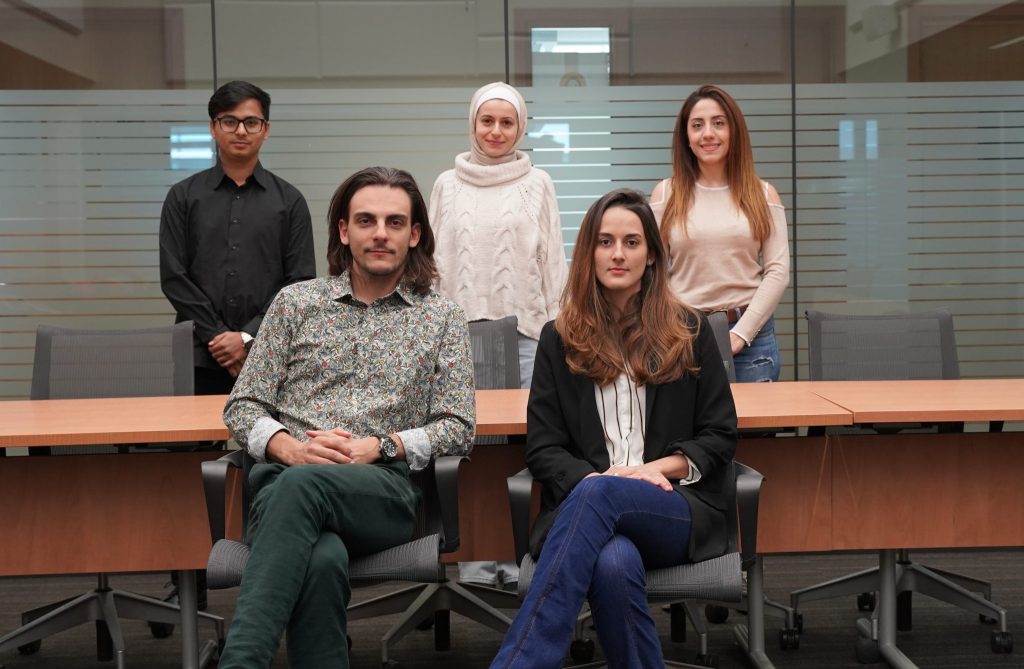
What do you like to do when you are not in the lab?
When I am not working on campus I can be found during spring, summer, and autumn mountain biking and climbing in and around the Okanagan, and during winter skiing in resorts and the backcountry around BC.
What extra-curricular activities are you involved in? Why is it important to you to be involved?
I am currently only involved in the Engineering Graduate Students Society at UBCO. I think it is important to give back to fellow students. I don’t want to take for granted all the help and support I have gotten throughout my academics from various student associations, advisors, profs, business professionals, and more.
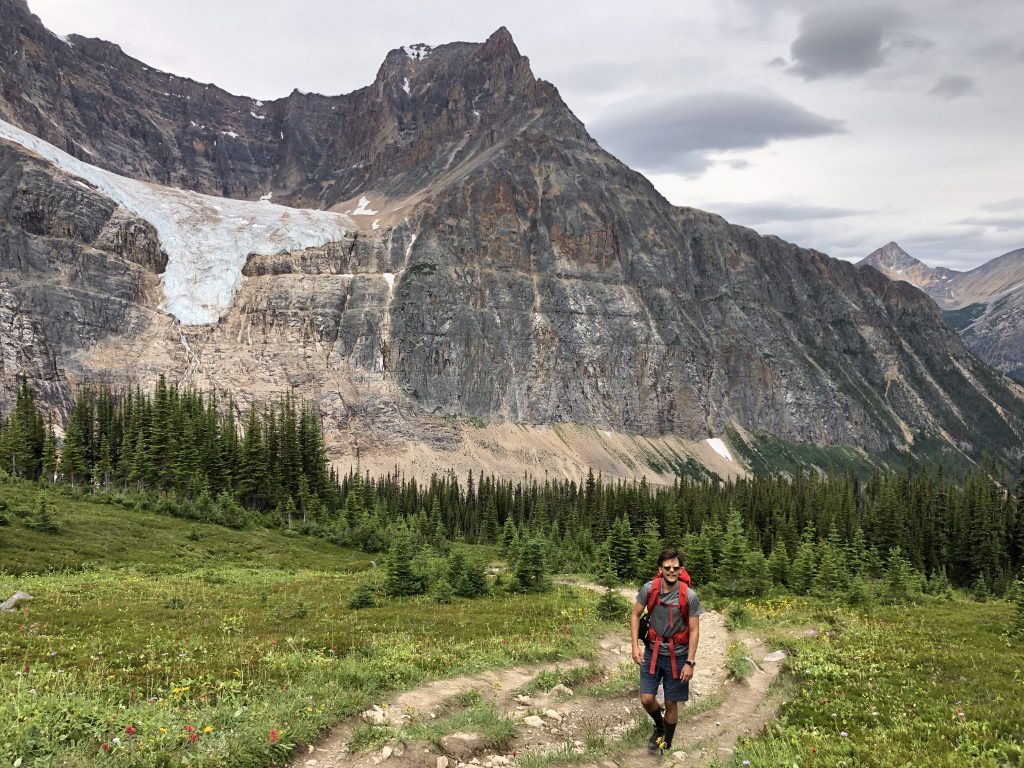
Can you describe your transition to living in Canada?
I thought it would be easier, especially as this is the third time I have moved to Canada. But every time it has become more difficult. My Danish heritage is as unique as any other, and very dissimilar to Canadian culture. The population of Denmark is barely 6 million, so I am very lucky if I meet a single Dane during a year, which I surely miss every now and then. However, I have several European relations here in Kelowna, and I talk often with my family back home. These to some extent fill the cultural void. I am also happy to have found Canadian friendships that will be life-long. Apart from the downsides of living abroad, Canada has given me so many opportunities and has been so formative professionally and personally. Canada has become a second home to me now.
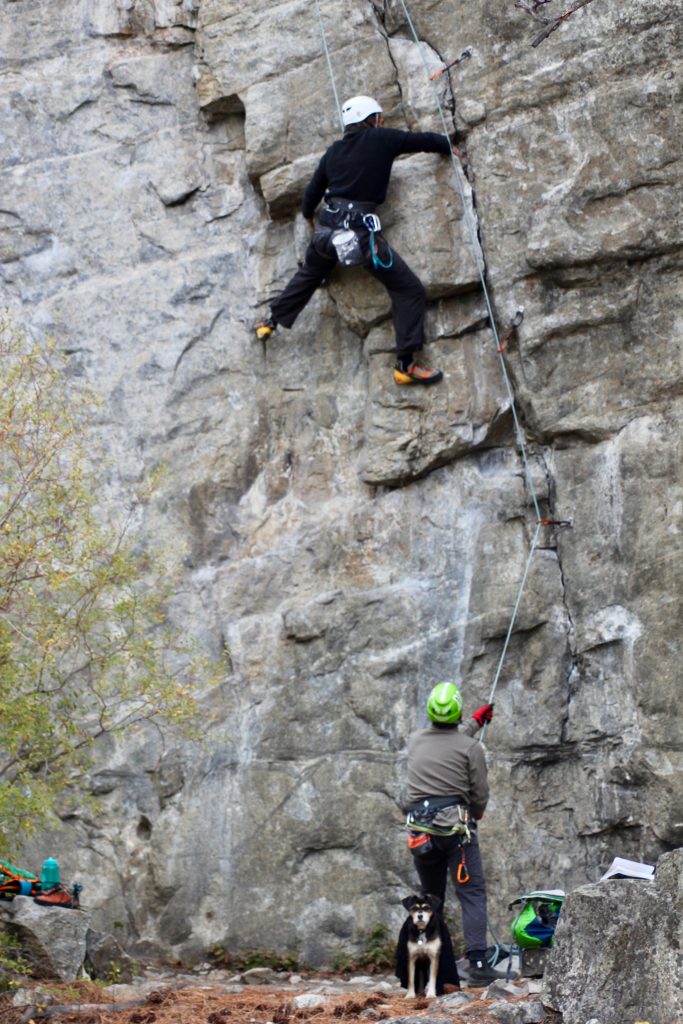
Looking to the future, where do you see yourself? And what will you be doing?
I thoroughly enjoy teaching, disseminating knowledge and immersing myself into the never-ending supply of new research and inspiring theory. Irrespective of the choice of career path, I believe that a job will be fulfilling if it serves a higher purpose, of which mine are to contribute with my technical skills to the mitigation of global warming, renewable-energy-technology development, and scientific advancement. I am pursuing a Professorship as it gives the freedom to play with all of the above. However, I am still curious about careers outside of academia.
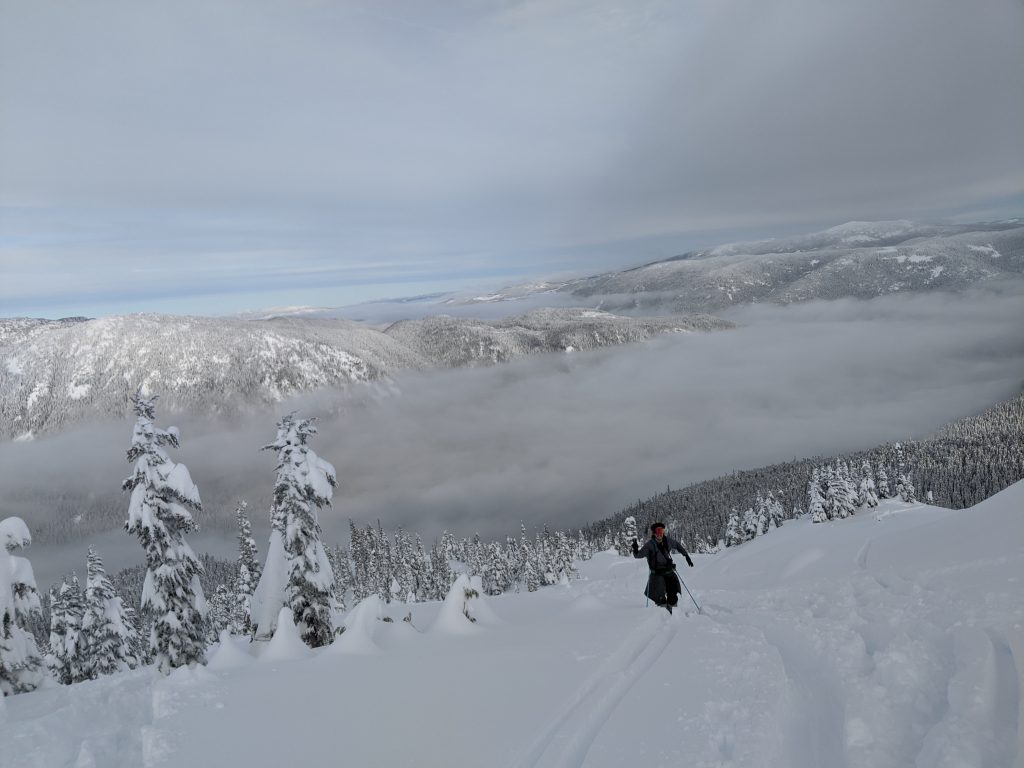
Advise you’d give to a student considering UBC Okanagan for their graduate studies?
Study abroad at least once, preferably far away from home. I cannot emphasize enough how much my understanding of myself, other cultures and academic systems has benefited from it. In addition, you will always have friends with couches around the world that you can crash in. Not bad!